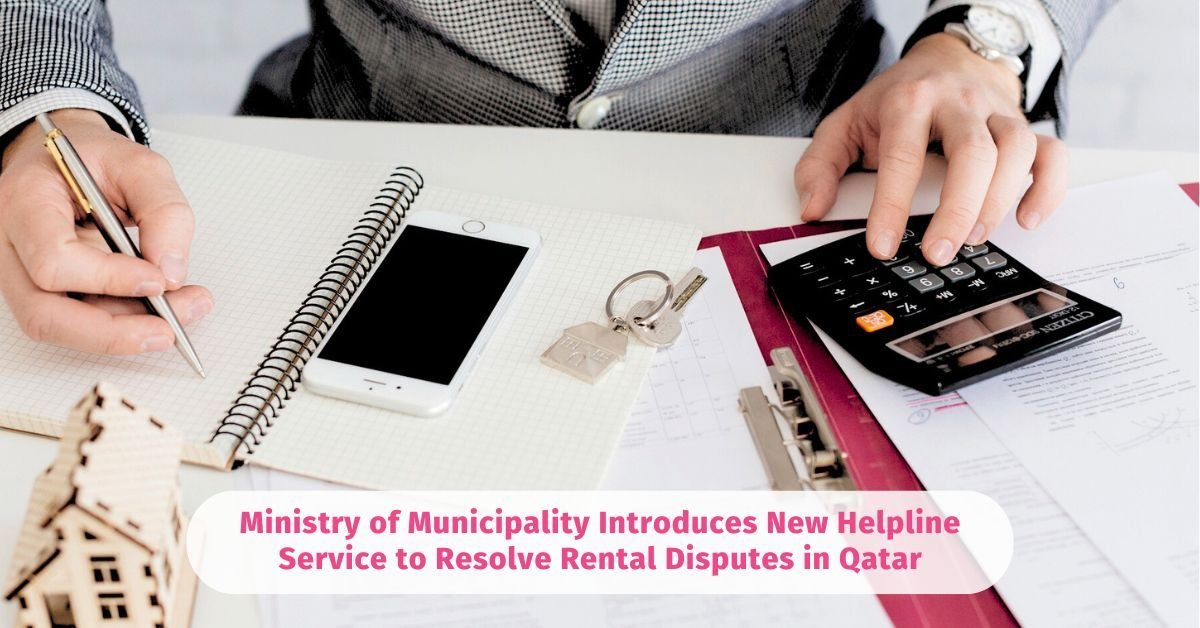On September 4, 2024, the Cabinet of Qatar, chaired by H.E. Prime Minister and Minister of Foreign Affairs Sheikh Mohammed bin Abdulrahman bin Jassim Al-Thani, enacted a transformative policy aimed at modernizing the work environment within the government sector. This policy introduces remote work and flexible working hours, marking a significant step forward in aligning with Qatar’s broader developmental objectives.
Key Highlights of the New Work Flexibility Policies
The new policies, which will take effect on September 29, 2024, are designed to provide a more adaptable work environment for government employees while adhering to the principles outlined in Qatar National Vision 2030 and the 3rd National Development Strategy 2024-2030. Below are the key features of the newly approved flexible work and remote work systems:
Flexible Working Hours
- Standard Workday: Government employees are now expected to work 7 hours daily, from 7 AM to 2 PM. However, the new policy allows for a flexible start time, permitting employees to arrive between 6:30 AM and 8:30 AM, provided they complete the full 7-hour workday.
- Reduced Working Hours: Special provisions have been made for certain groups:
- Mothers: Employees who are nursing mothers will receive an additional 2 hours per day for breastfeeding.
- Medical Needs: Employees with medical conditions will also benefit from reduced working hours.
- Employees with Disabilities: Adjustments are made to support employees with disabilities.
Employees are allowed to arrive late as long as they fulfill the requisite working hours, offering greater flexibility without compromising work responsibilities.
Remote Work System
- General Remote Work: Government entities can permit up to 30% of their employees to work remotely for up to one week per year. This flexibility is designed to support various personal and professional needs.
- Special Provisions for Qatari Mothers: Mothers with children under 12 years old are entitled to one month of remote work annually, facilitating a better work-life balance.
- Exclusions: Certain sectors, especially shift-based roles and positions where remote work may disrupt operational efficiency, are excluded from this system.
Objectives of the New Policies
The primary goal of these new policies is to foster a work environment that balances employees’ professional responsibilities with their personal and family needs. By implementing flexible and remote work options, the government aims to:
- Enhance Productivity: A more adaptable work environment is expected to boost employee satisfaction and productivity.
- Encourage Innovation: Flexibility in working hours and locations can lead to increased creativity and innovation.
- Support Family Needs: The new provisions, especially for mothers and those with medical needs, underscore a commitment to supporting employees’ family responsibilities and health.
The Cabinet’s decision to approve these progressive work policies reflects Qatar’s commitment to creating a supportive and dynamic work environment in the public sector. As the new systems roll out on September 29, 2024, employees can look forward to a more balanced approach to their work schedules, contributing to a more effective and satisfied workforce.










Add a comment